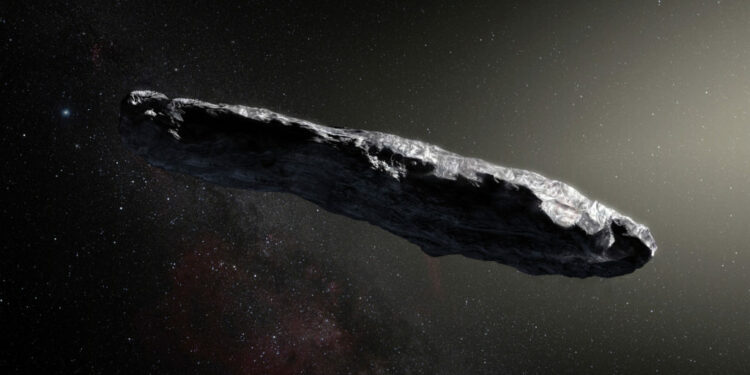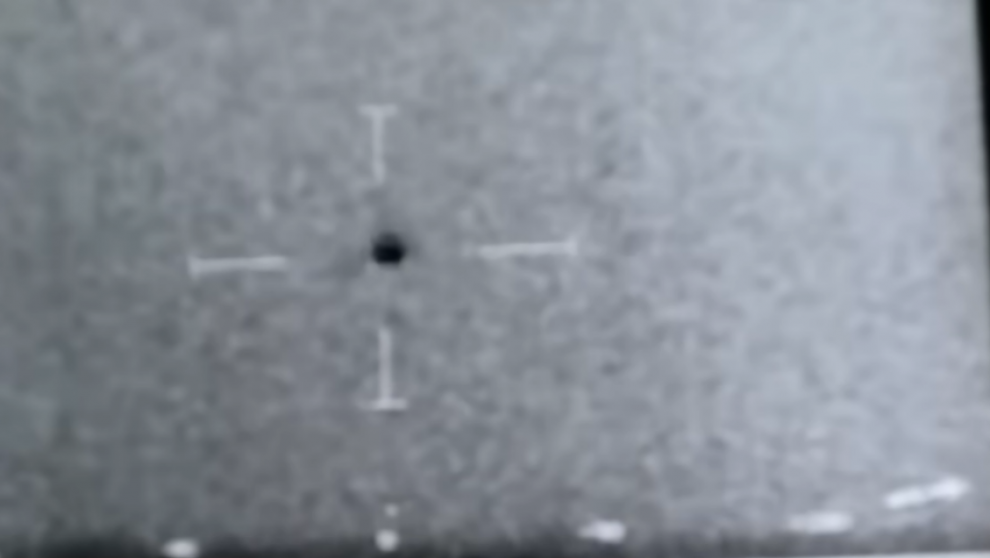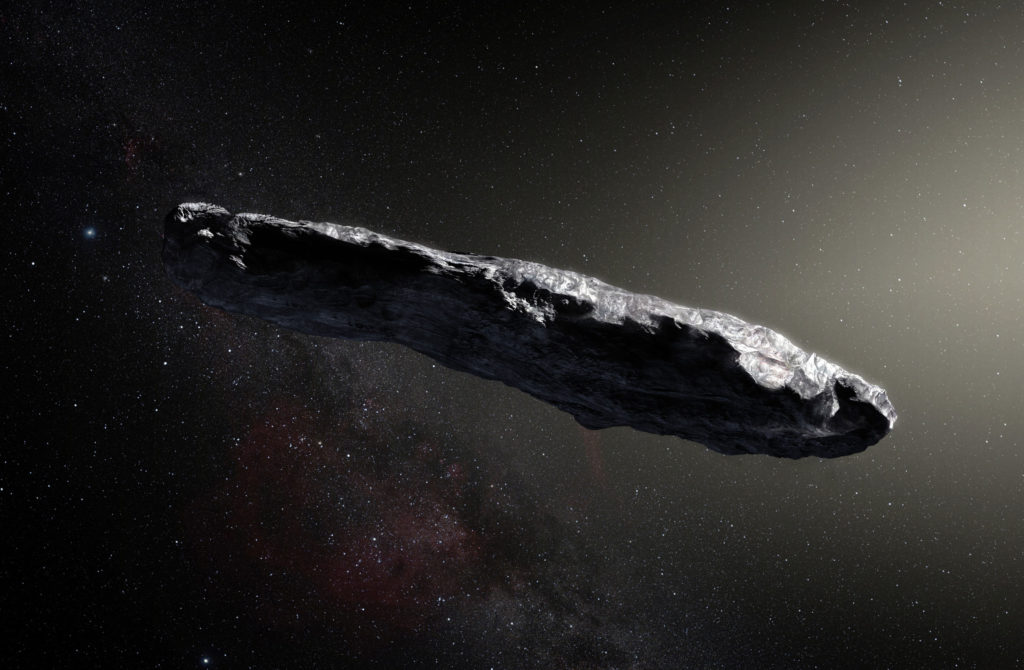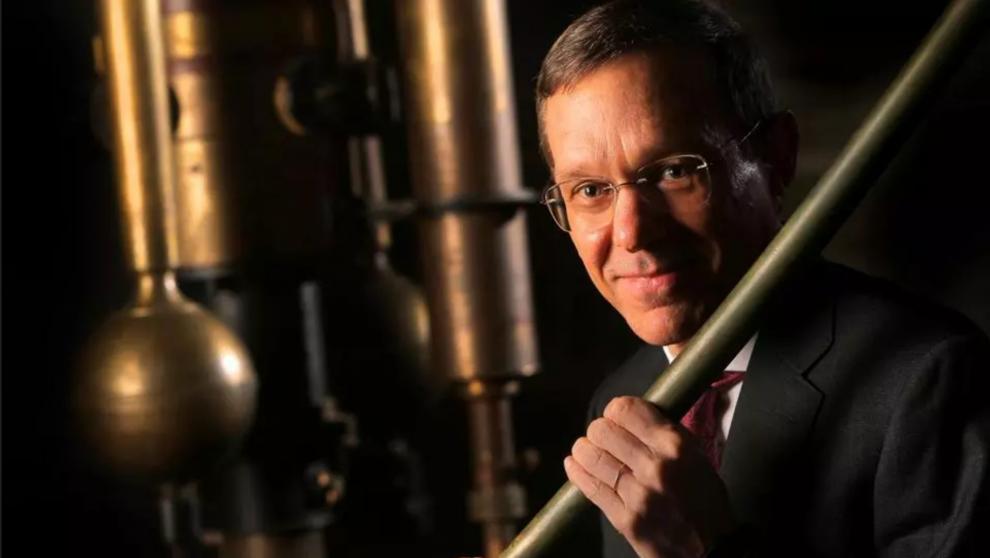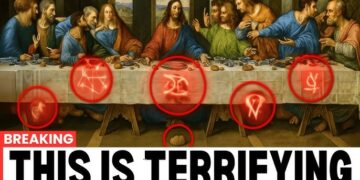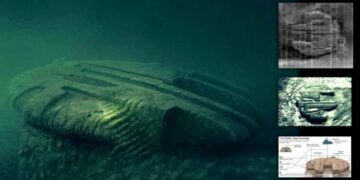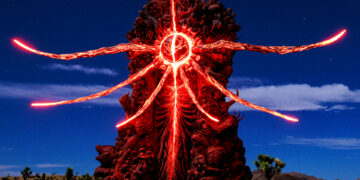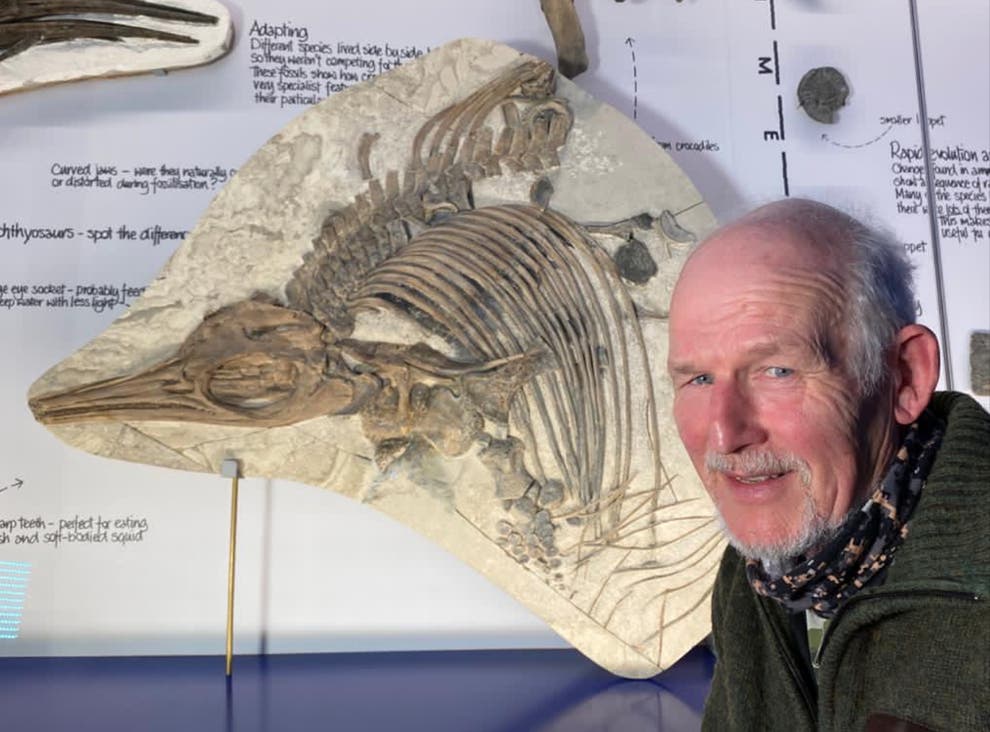Last month the Pentagon finally declassified its long-awaited report on sightings of unidentified flying objects (UFOs, which are now called UAP). There was nothing conclusive about the origin of those devices that can move at high speed and go by sea and land; But now, the prestigious astronomer Avi Loeb has launched a theory that could link them to the mysterious Oumuamua.
The Oumuamua is an object of uncertain origin recorded by ground-based telescopes that traverse our solar system. Due to its shape and trajectory, experts have advanced that it could be an alien device or ship.
Shortly before the exact content of the Pentagon report (which had been leaking to the press in the previous weeks) was known, Loeb launched a new theory that links the Oumuamua with the objects detected in 2019 by US defense ships.
In an article published in Scientific American, Loeb speculates that the Oumuamua could be a kind of receiver that passes through our solar system collecting data gathered by a series of probes deposited by alien civilizations on Earth and neighboring planets many years ago.
“One can speculate that Oumuamua may have been collecting data from probes that have already been disseminated on Earth at an earlier time,” says Loeb. “In that case, the elongated and flat shape of the Oumuamua corresponds to that of a receiver.”
The UAP (Unidentified Aerial Phenomenon, for its acronym in English) studied by the Pentagon would thus be part of that army of devices sent to Earth with the mission of gathering data on our planet. A bit of the same thing that humans do when sending probes to Mars and other planets in the system―“Galactic parking.”
Hence, the Oumuamua has that peculiar flat disk shape, which also causes the Sun to propel it through the system as if it were a solar sail.
However, the scientist has called for a deeper study of the UAPs detected by the Pentagon, installing more telescopes and recording devices in the areas where they have been seen. “Scientists could clear up the mystery in a transparent analysis of public data.”
Loeb clarifies that he does not like science fiction but asks to be open to the possibility that “science will one day reveal a reality that was previously only considered fiction.”

